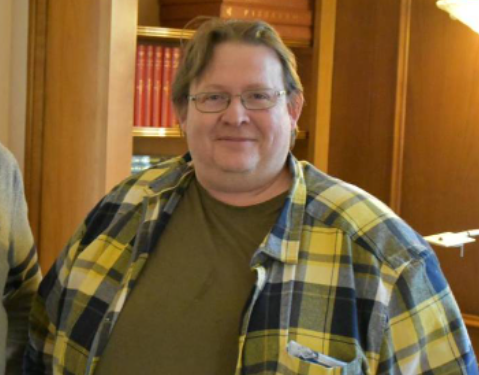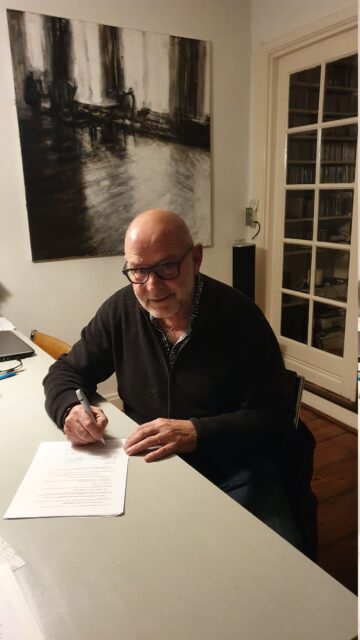As the INSIGNIA-EU project draws to a close, the results of the vast numbers of samples collected in 2023 are being collated, analysed and modelled. A popular article has been written and published in the English language Beekeepers Quarterly magazine: https://www.northernbeebooks.co.uk/products/the-beekeepers-quarterly/ https://beekeepers.peacockmagazines.com/ It is now being translated into many languages and will be published in various beekeeping magazines around Europe. The article describes the meeting of the INSIGNIA-EU Consortium in Bregança, Portugal in March, and the presentation of the results to the European Commission in Brussels, Belgium in April. Some key results are also presented.










